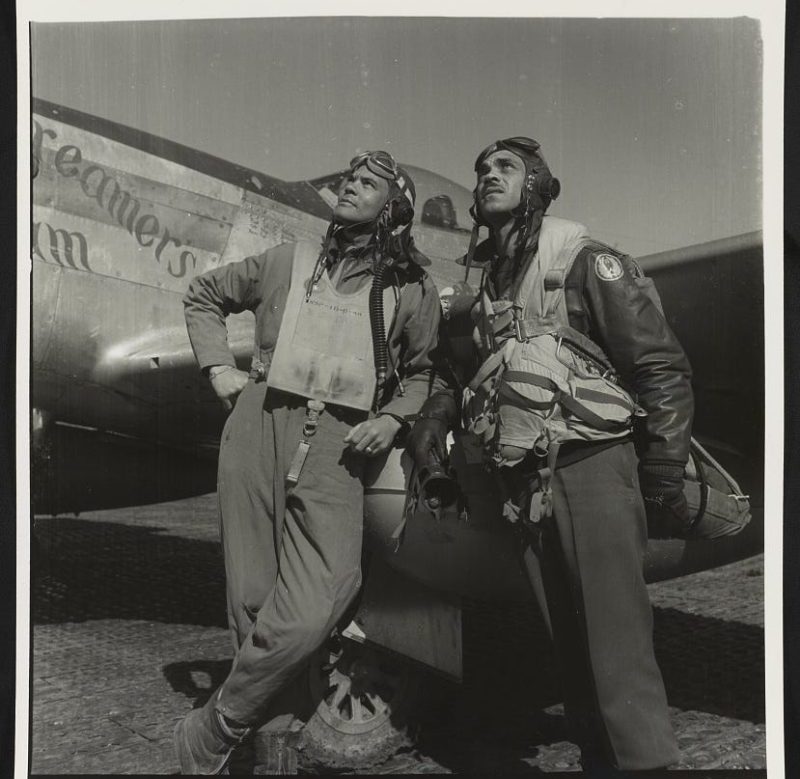
Remember to dream: the tie between Tuskegee Airmen and a racist remark
In February for Black History Month, USA TODAY Sports is publishing the series ’29 Black Stories in 29 Days.’ We examine the issues, challenges and opportunities Black athletes and sports officials continue to face after the nation’s reckoning on race following the murder of George Floyd in 2020. This is the fourth installment of the series.
It may not seem like piloting, a racist commentator and sports have much in common, but they actually do. Let me explain.
So much of sports is about dreams and possibility. Athletes look at a football field, basketball court or rink and dream of being a professional. Or maybe they just want to be the best high school player or best shooter at the local gym. Sports is about comradery and challenge but again, it’s about possibility.
This is the same with flying.
I first read about the Tuskegee Airmen when I was about 10. They were the first Black military aviators in what was then the equivalent of the Air Force. They fought during World War II and might be the most brilliant aviators in the history of combat flying. They were nicknamed the ‘red tails’ because of the red markings on the tail of their fighter craft.
Flying is one of the greatest examples of the power of possibilities. The sky is literally one big, blue dream. That’s what makes Charlie Kirk’s racist lie so problematic.
Most of it is the usual anti-Black stuff, but Kirk went to a far uglier place when he said: ‘If I see a Black pilot, I’m going to be like, ‘Boy, I hope he’s qualified.”
One of the more sinister things about white supremacy is that it constantly tries to snuff out the dreams of non-white people. Cast doubt on us. Tell us that we’re not good enough.
What’s important to remember is that people like Kirk will always be there. In the background. Lying. Or trying to crush dreams. When that happens, remember that he can’t. Remember that the Tuskegee Airmen fought far worse racism and were still the best pilots in the world.
They never forgot something: the power of a dream.
